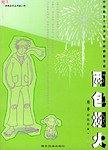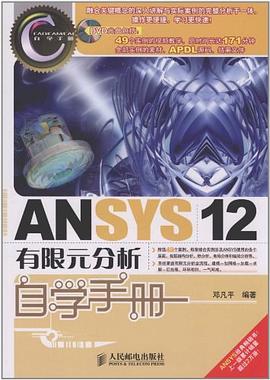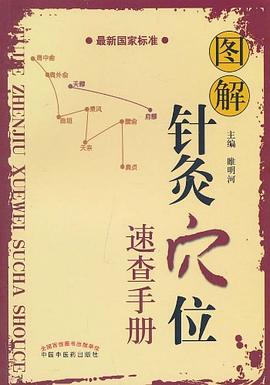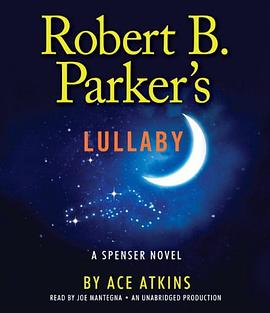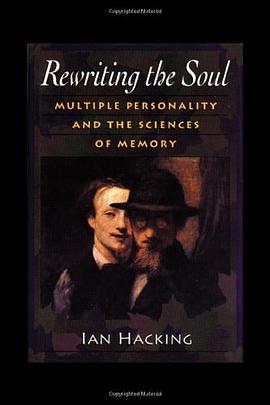

Twenty-five years ago one could list by name the tiny number of multiple personalities recorded in the history of Western medicine, but today hundreds of people receive treatment for dissociative disorders in every sizeable town in North America. Clinicians, backed by a grassroots movement of patients and therapists, find child sexual abuse to be the primary cause of the illness, while critics accuse the 'MPD' community of fostering false memories of childhood trauma.Here the distinguished philosopher Ian Hacking uses the MPD epidemic and its links with the contemporary concept of child abuse to scrutinize today's moral and political climate, especially our power struggles about memory and our efforts to cope with psychological injuries. What is it like to suffer from multiple personality? Most diagnosed patients are women: why does gender matter? How does defining an illness affect the behaviour of those who suffer from it? And, more generally, how do systems of knowledge about kinds of people interact with the people who are known about? Answering these and similar questions, Hacking explores the development of the modern multiple personality movement.He then turns to a fascinating series of historical vignettes about an earlier wave of multiples, people who were diagnosed as new ways of thinking about memory emerged, particularly in France, toward the end of the nineteenth century. Fervently occupied with the study of hypnotism, hysteria, sleepwalking, and fugue, scientists of this period aimed to take the soul away from the religious sphere. What better way to do this than to make memory a surrogate for the soul and then subject it to empirical investigation? Made possible by these nineteenth-century developments, the current outbreak of dissociative disorders is embedded in new political settings."Rewriting the Soul" concludes with a powerful analysis linking historical and contemporary material in a fresh contribution to the archaeology of knowledge. As Foucault once identified a politics that centers on the body and another that classifies and organizes the human population, Hacking has now provided a masterful description of the politics of memory: the scientizing of the soul and the wounds it can receive.
具體描述
讀後感
用戶評價
仔細一想其實MPD/DID挺模糊的,沒辦法給它單純下一個“精神疾病”的標簽。這麼一想講MPD/DID的影視作品略多略多瞭吧,就算有些電影沒有明說是DID,也有人習慣性的猜想是否主角瘋瞭……另外其實要說記憶重要,不如說經曆更重要,有些東西明明已經忘瞭但是卻一直影響著以後,有點Field Theory的意思。看人得瞭alzheimer比自己生病還痛苦啊。還有不知道為什麼心理學總是喜歡拿童年經曆說事,人長大瞭被abuse瞭難道就不會發瘋?
评分因為roth找到瞭hacking 從narrative的角度,以一種非實在論irrealist的立場重新討論瞭靈魂 知識 認識的問題 還要再讀一遍。
评分Hacking真的是個又富有洞見又講究方法還寫作清晰的學者……dynamic nominalism, looping effect, making-up people。之後要仔細重讀。
评分仔細一想其實MPD/DID挺模糊的,沒辦法給它單純下一個“精神疾病”的標簽。這麼一想講MPD/DID的影視作品略多略多瞭吧,就算有些電影沒有明說是DID,也有人習慣性的猜想是否主角瘋瞭……另外其實要說記憶重要,不如說經曆更重要,有些東西明明已經忘瞭但是卻一直影響著以後,有點Field Theory的意思。看人得瞭alzheimer比自己生病還痛苦啊。還有不知道為什麼心理學總是喜歡拿童年經曆說事,人長大瞭被abuse瞭難道就不會發瘋?
评分臨床醫生是功利主義者,他們在意的是病人能否過上正常的生活,所以在記憶治療中被植入瞭錯誤的意識也沒什麼。我們哲學傢關心的是“人”本身,人是否能通過認識自我來成為一個完整的人,記憶作為人自我身份認同的途徑、主體性塑造的手段,如果是“被製造的”,那本身就違背瞭人之為人的“自由”麵嚮
相關圖書
本站所有內容均為互聯網搜索引擎提供的公開搜索信息,本站不存儲任何數據與內容,任何內容與數據均與本站無關,如有需要請聯繫相關搜索引擎包括但不限於百度,google,bing,sogou 等
© 2025 onlinetoolsland.com All Rights Reserved. 本本书屋 版权所有




